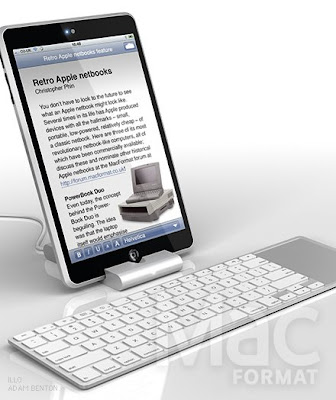From the BBC's Rory Cellan-Jones.
Oh no: another boring report about piracy by a strange body with an obscure title.
That was my first reaction on getting hold of Copycats? Digital Consumers in the Online Age [2.76Mb PDF] - a report for the Strategic Advisory Board on Intellectual Property.
But when I read on, the report was full of fascinating insights into the way that we've all begun to think about the rights and wrongs of online piracy - or rather, "unauthorised downloading", which is how this report for the government carefully describes it.
I'll write more about the report, and what is means, later in the week. It's been instructive.




